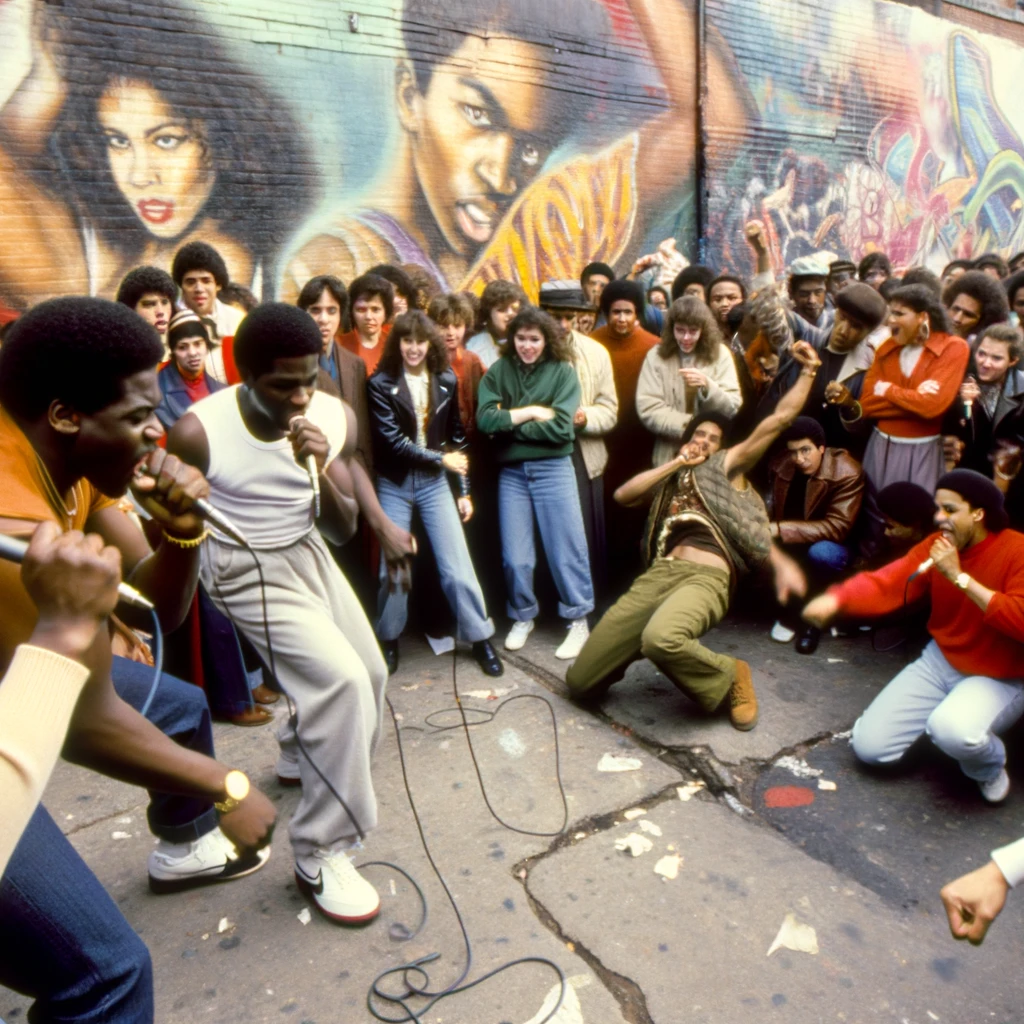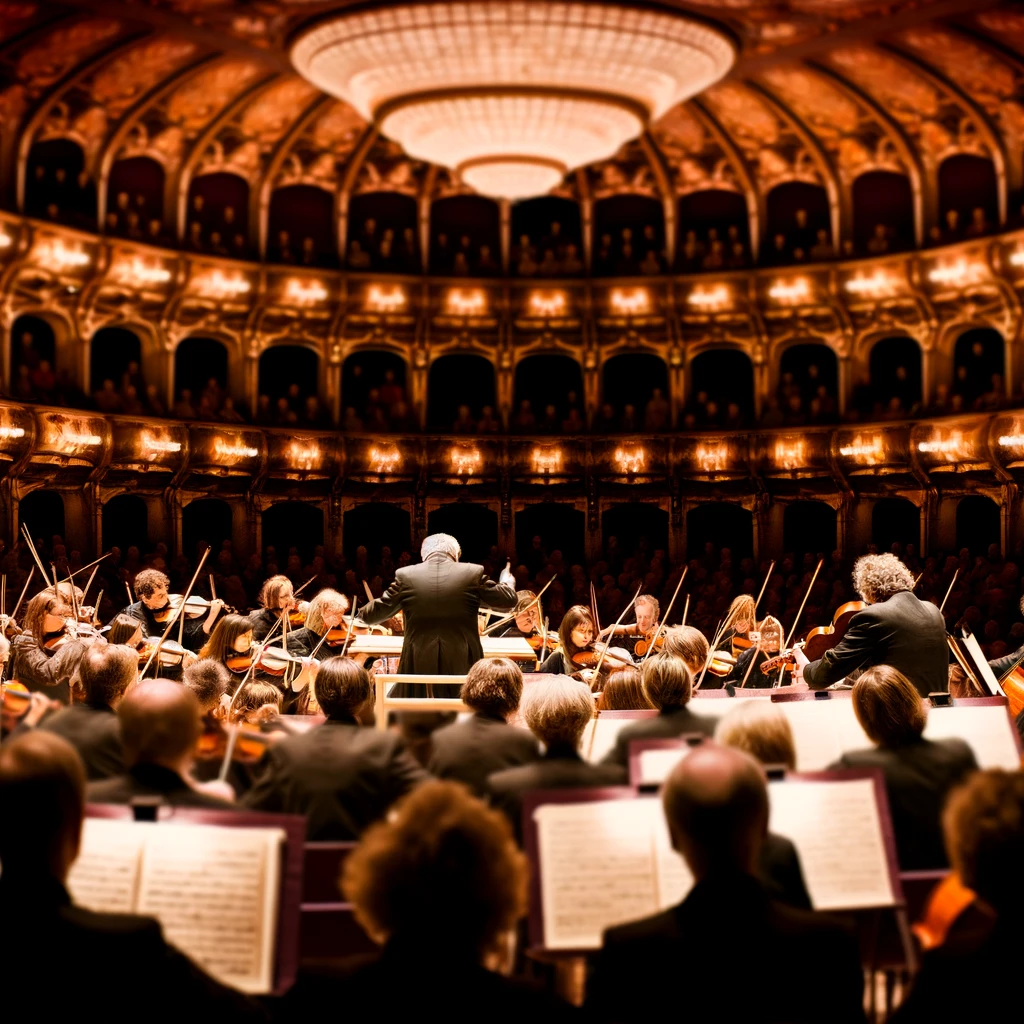Related Articles










Ennio Morricone, a name synonymous with cinematic music, remains a towering figure in film history. His compositions have not only accompanied but also elevated countless films, leaving an indelible mark on both the silver screen and audiences worldwide. This article delves into the life and legacy of Morricone, his unique style, and how he managed to straddle the realms of classical music and popular cinema.
Born in Rome in 1928, Morricone's musical journey began early. Under the guidance of his father, a professional trumpet player, young Ennio developed a passion for music that would define his life. He enrolled at the Conservatory of Santa Cecilia, where he honed his skills in composition, instrumentation, and choral music. This classical training laid the foundation for his future innovations in film scoring.
Morricone's rise to international fame began with his collaboration with director Sergio Leone. Their partnership produced the iconic scores for the so-called 'Spaghetti Westerns,' starting with A Fistful of Dollars in 1964. These soundtracks, characterized by their use of unconventional instruments and innovative sounds, revolutionized the genre. The haunting melodies and dramatic arrangements of The Good, the Bad and the Ugly remain some of the most recognizable in film history.
Morricone was known for his willingness to experiment. He incorporated a wide array of sounds into his scores, from gunshots and animal noises to unconventional instruments like the ocarina and Jew's harp. This willingness to push boundaries helped create a rich, textured sound that became a hallmark of his work.
While Morricone is often associated with Westerns, his oeuvre extends far beyond. He composed music for a wide variety of genres, from horror and romance to historical epics and political dramas. Notable works include the emotionally stirring score for The Mission, the suspenseful melodies of The Untouchables, and the romantic themes of Cinema Paradiso. Each score showcased his ability to adapt and innovate, making him a versatile composer who could convey a wide range of emotions through his music.
Morricone's influence on both music and cinema is immeasurable. He received numerous accolades, including an honorary Oscar in 2007 for his 'magnificent and multifaceted contributions to the art of film music.' His work continues to inspire composers and filmmakers today, blending classical sensibilities with modern innovation to create timeless pieces that resonate with audiences.
Even after his passing in 2020, Morricone's music continues to endure. His compositions have been sampled and covered by numerous artists, bridging the gap between different musical genres and cultures. His ability to convey complex emotions and narratives through music has ensured that his legacy will live on for generations to come.
Ennio Morricone's contributions to cinema and music remain unparalleled. His innovative approach to film scoring has left an indelible mark on the industry, influencing countless artists and composers. As we reflect on Morricone's life and work, we are reminded of the power of music to transcend language and culture, uniting us through shared emotion and experience.